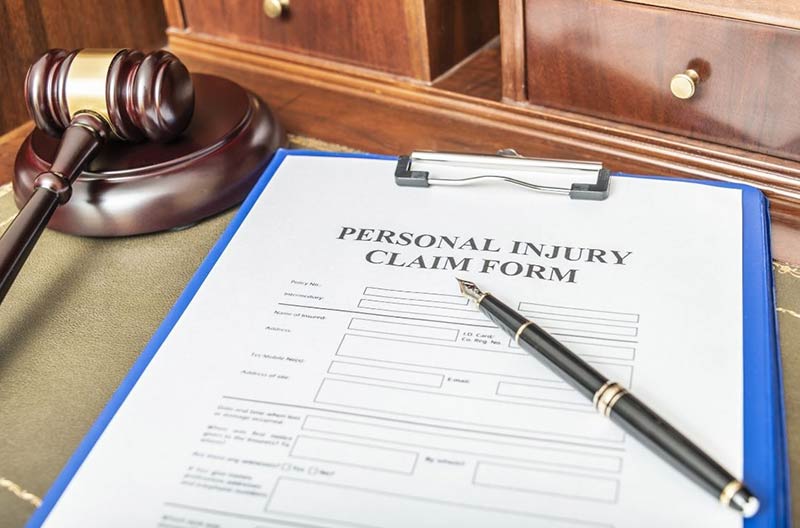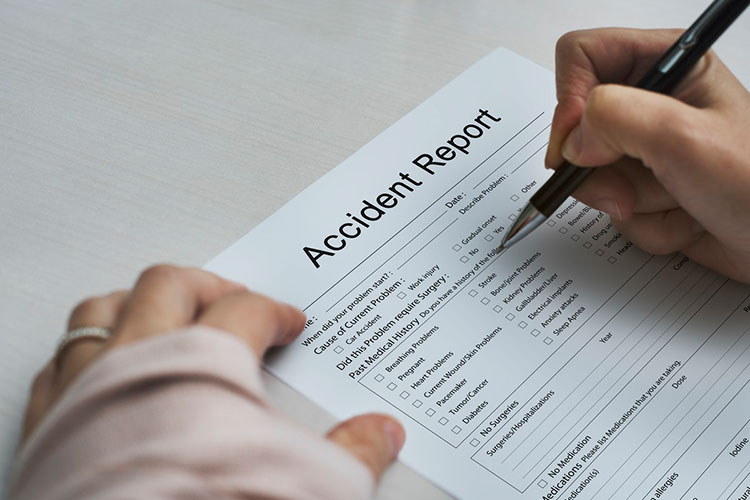Why Documentation Is Crucial in a Wisconsin Personal Injury Case
If you’ve been hurt in an accident, your recovery should always come first. But if you’re considering filing a Wisconsin personal injury claim, documentation is one of the most important tools you have to protect your rights and maximize your compensation.
At Bykhovsky Law, we’ve seen time and again how proper documentation can make—or break—a case. Here’s why it matters and what you need to track after an injury.
Insurance companies don’t just take your word for it. They want proof. When you document everything—from medical visits to pain levels—you’re building a timeline that supports your version of events. This type of detail can help validate your claim and make it harder for the other side to dispute your injuries.
1. It Strengthens Your Credibility
Insurance companies don’t just take your word for it. They want proof. When you document everything—from medical visits to pain levels—you’re building a timeline that supports your version of events. This type of detail can help validate your claim and make it harder for the other side to dispute your injuries.
2. It Preserves Evidence Before It Disappears
Accidents happen fast. Road conditions change, vehicles get repaired, and witnesses move on. By documenting the scene (photos, videos, witness statements), you preserve vital evidence while it’s still fresh. This is especially important in Wisconsin personal injury cases involving car accidents, slip and falls, or dangerous property conditions.
3. It Helps Prove the Extent of Your Injuries
Medical documentation is key. Every visit to a doctor, specialist, or therapist adds a layer of credibility to your injury claim. Keep records of:
- Emergency room visits
- Diagnoses and treatment plans
- Prescription medications
- Physical therapy sessions
- Medical bills and insurance explanations of benefits
The more thorough your documentation, the easier it is to prove how the injury has affected your health and your life.
4. It Shows the Financial Impact of Your Injury
You may be entitled to compensation for more than just medical bills. Lost wages, out-of-pocket expenses, and property damage should also be tracked. Save:
- Pay stubs showing time missed from work
- Receipts for travel to medical appointments
- Bills for home modifications or assistive devices
In a Wisconsin personal injury case, documenting these financial losses is critical to recovering the full value of your claim.
5. It Protects You From Inconsistencies
Over time, memories fade. If your story changes, even slightly, insurance adjusters and defense attorneys may try to use that against you. Having detailed notes, emails, and photos keeps your story consistent and protects you from credibility attacks.
Tips for Effective Documentation
- Start early: Begin documenting the moment the injury occurs.
- Be organized: Use a folder or digital app to store your records.
- Stay consistent: Keep a daily journal of symptoms, pain levels, and how the injury affects your daily life.
- Consult a lawyer: An experienced attorney can help you identify which documents are most valuable and how to obtain them.
Need Help With Your Wisconsin Personal Injury Claim?
At Bykhovsky Law, we help injured clients across Wisconsin gather the documentation they need to build strong, effective cases. If you’ve been injured and aren’t sure where to start, we offer a free consultation to review your situation and explain your options.
Don’t wait—get the help you need and protect your right to fair compensation.
📞 Contact us today to schedule your free consultation.


